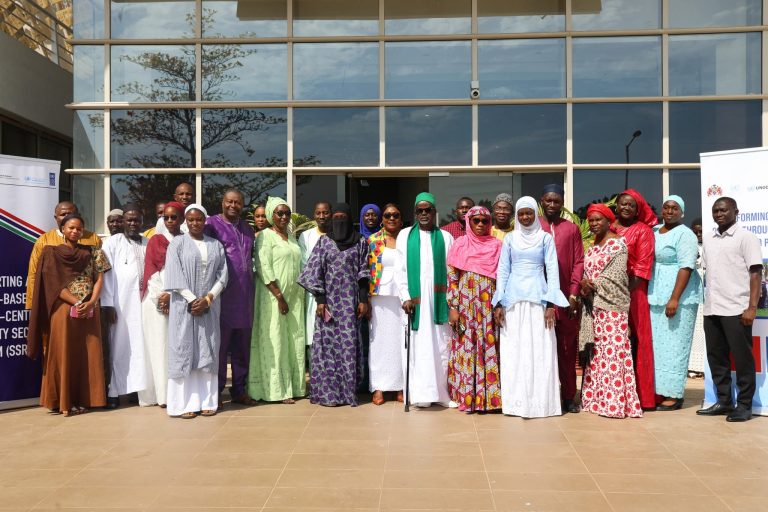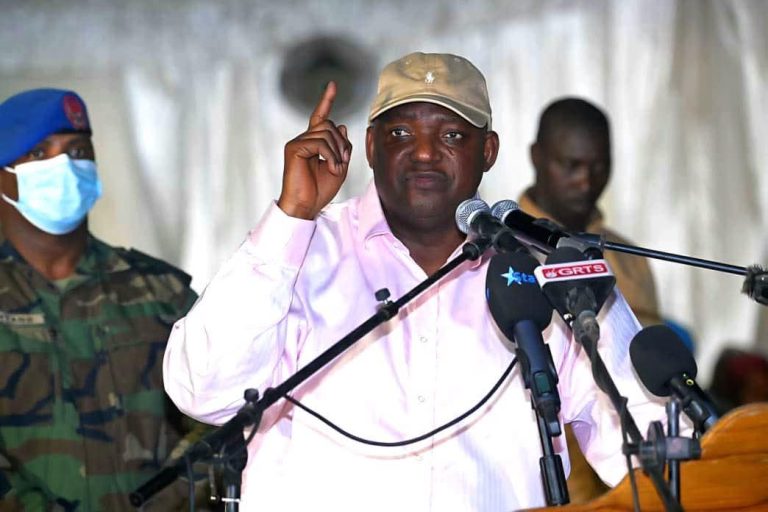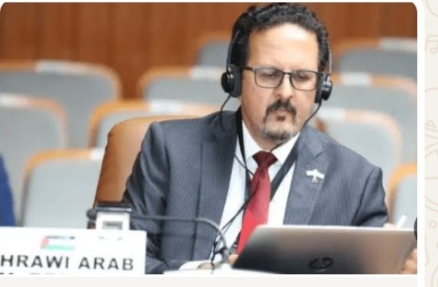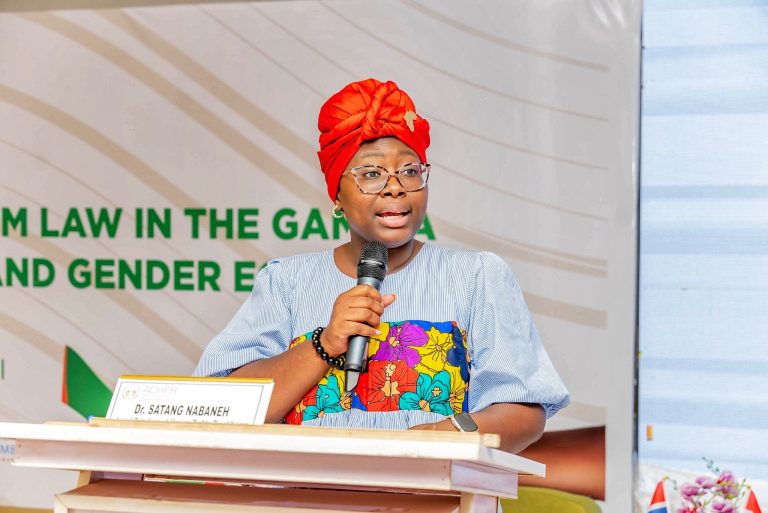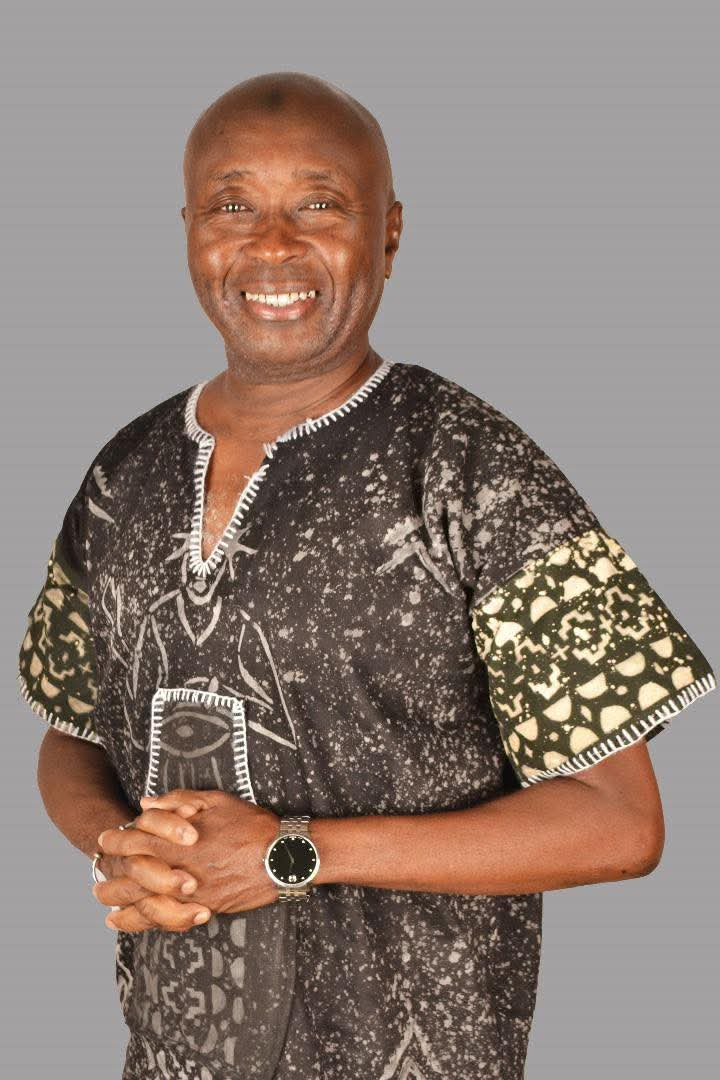
As the rains pour down on The Gambia, the economic hardships faced by its people have reached a boiling point. While the nation is abuzz with discussions about the 2026 presidential elections, a distant 13 months away, the everyday struggles of Gambians are being overlooked. It’s a pattern we’ve seen before – three years ago, the buzz was already building around the next election cycle, drowning out the cries of a people struggling to survive amidst economic decay and infrastructural neglect.
The idiosyncrasies and mental machinations of our politicians are complex, bewildering, and sure to leave you wondering. But one thing is clear: their social and development agenda is woefully lacking. Given the vapidity and hollowness of their policies, poverty is not only perpetuated but also deepened, rendering life an arduous struggle and economic prospects bleak for citizens, with repercussions likely to echo for generations to come.
As someone who has walked the dusty roads of The Gambia and witnessed the resilience of its people, I am compelled to speak out. Having recently completed my memoir, “From Village Life in The Gambia to Global Views in Washington, DC, and Beyond,” I have dedicated considerable time to reflecting on the issues that matter most to me and the Gambian people. Poverty and economic hardship are at the forefront of these concerns.
The current state of affairs is dire. Economic infrastructural decay has reached catastrophic levels, and the concomitant ills that accompany it – from unemployment to poor healthcare – are suffocating the nation. It’s unconscionable that these pressing issues are being ignored in favor of electioneering and politicking.
The Gambian people deserve better. They deserve leaders who will prioritize their needs, who will craft policies that uplift and empower, rather than perpetuate poverty and hardship. It’s time for a new approach, one that puts the needs of the people above the interests of politicians.
As I look out at the Gambian landscape, I am reminded of the potential that lies within this nation. From its rich cultural heritage to its resilient people, The Gambia has all the ingredients necessary to thrive. But without meaningful change, without a shift in priorities, this potential will remain unrealized.
The 2026 presidential elections should be an opportunity for Gambians to demand accountability, to insist that their leaders prioritize their needs above all else. But until then, the struggle continues. The Gambian people will continue to endure, to persevere, and to hope for a better future.
It’s time for Gambians to take control of their narrative, to demand change, and to insist on a brighter future. As someone who has given his life to understanding the complexities of poverty and economic hardship, I am committed to using my voice to amplify the concerns of my fellow Gambians.
The road ahead will be long and arduous, but with persistence, determination, and a commitment to justice, I believe that a better future is possible for The Gambia. One where the needs of the people are prioritized, where poverty is a relic of the past, and where Gambians can thrive.
The question is, will our leaders hear the call? Will they prioritize the needs of the people, or will they continue to ignore the cries of a nation in distress? The answer remains to be seen, but one thing is certain – the Gambian people will not be silenced.
In the face of adversity, Gambians have always shown remarkable resilience. It’s time for this resilience to be matched with meaningful action from our leaders. The future of The Gambia depends on it.
Let us raise our voices, let us demand change, and let us insist on a better future for The Gambia. The time for action is now.
The Gambian people deserve nothing less.
By Musa Bassadi Jawara

